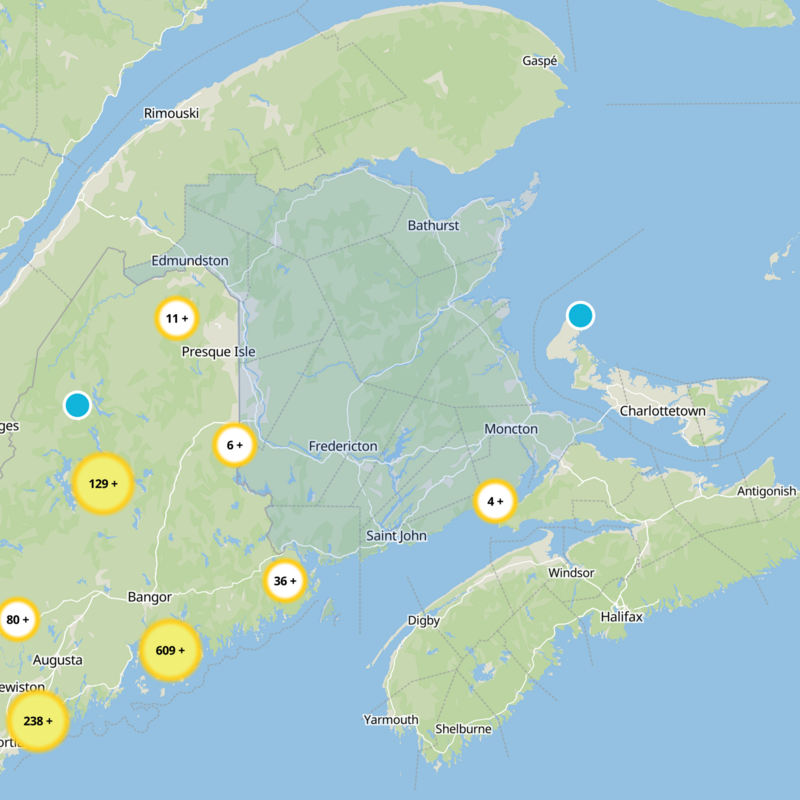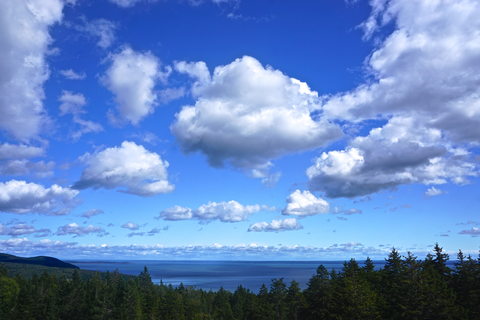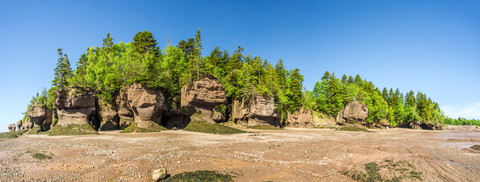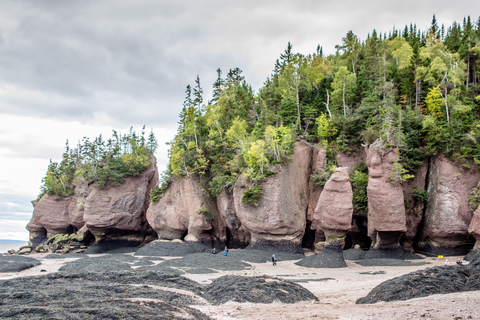"New Brunswick's trails offer stunning vistas and diverse adventures amidst breathtaking natural beauty."
Discover the breathtaking beauty of New Brunswick, where every trail tells a story of nature's grandeur. From the rugged cliffs of Fundy National Park, offering panoramic ocean views and the world's highest tides, to the serene paths of Mount Carleton, the highest peak in the Maritimes, adventure awaits. Wander through Acadian forests, vibrant in autumn hues, and explore the untouched wilderness of Kouchibouguac. Each step reveals a new wonder, inviting hikers to embrace the wild heart of New Brunswick.
Most popular trails
FAQs about hiking in New Brunswick













